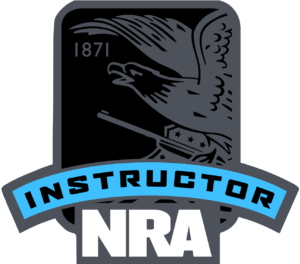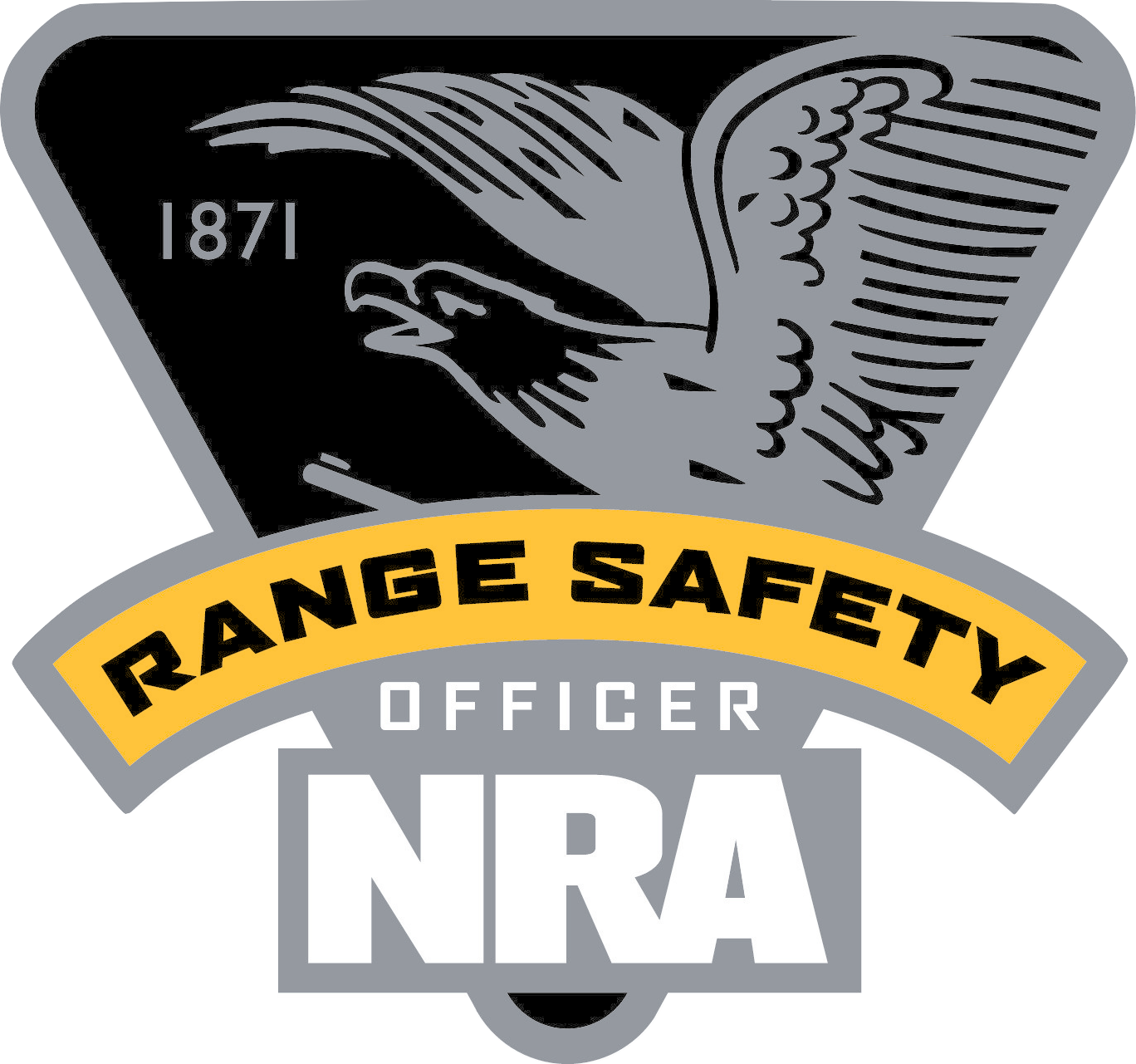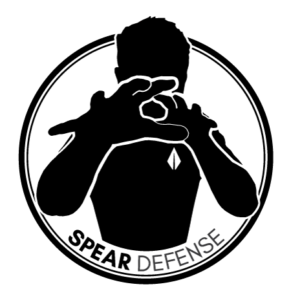Do You Train During the Summer?
I’m writing this entry from beautiful Southeastern Idaho where it is almost 25 degrees cooler than Phoenix. My wife and I are spending some time with my in-laws and getting a break from the heat. While we’re lucky that the weather in Phoenix is nice for 9 months out of the year, the rough summers make it difficult to go out to the range and keep our shooting skills honed. Remember, defensive shooting is a perishable skill; one need only go out and shoot after a long hiatus to experience that first-hand. As such, it’s important that we find ways to brush up on our skills during the hot summer months so that we can get off on the right foot come fall.
I’ve always considered outdoor ranges to be the optimal setting for firearms training given that it affords students plenty of space, there isn’t as much noise, and it’s all around more comfortable. Again, given the climate in Phoenix, this is not an option for us during the summer so many shooting schools, like ours, go dormant during that time. Here are a couple of suggestions for staying sharp with your weapons.
Indoor Ranges
Those of you who know me well know that I’m not a big fan of indoor ranges. They are usually loud, the concussions get annoying quick, and in many cases have restrictions on what you can do (not shooting from the holster, rapid firing, etc.). But, they do have their place. Unlike outdoor ranges, indoor ranges can be inside the city and you can usually find one within a 10-15 minute drive. Also, if you want to focus on practicing basic marksmanship (stance, grip, sight alignment/picture, trigger press) one can do so just fine in an indoor range. If you are purposeful about your practice session in an indoor range you can get a lot of value out of it. What I mean by that is not just going through a couple of boxes of ammo willy-nilly. It’s important that you plan ahead of time what skill(s) you want to practice, get an appropriate target, determine what distance(s) you want to focus on, and once you’re there hold yourself accountable and track your performance. If you simply go out there to make holes on a piece of paper, you’ll not only be wasting your money, but you also risk developing some training scars.
Dry Practice
Dry practice is when you practice any aspect of shooting without any ammunition in the gun. This is the most overlooked way of training. I think it’s because it’s not as fun as live fire and it can sometimes feel silly (almost as if we’re playing Rambo or something like when we were kids). However, dry practice is an integral part of any training regimen. You would be surprised how much dry practice professional shooters do every day! The key is also to be purposeful and—most of all—safe. If you plan to use a real firearm it’s imperative that you double, triple check that the chamber is empty and not have any live ammo anywhere in the room where you’ll be practicing. There are a lot of tools that can help you safely and effectively do dry practice. I recommend getting snap caps or any other inert bullets to assist with training stoppages and reloads, as well as decreasing the likelihood of any damage to your hammer, firing pin, etc. There are also inert guns (SIRT, Blue Guns) and replica guns (airsoft) that can work well for this. The key is to also be purposeful and know exactly what you want to drill (drawing from concealment, trigger press, stoppages, reloads, etc.) and come up with a number of reps and sets for each skill just as if you were exercising at the gym. If you make dry practice part of your training, I guarantee that you’ll become a better shooter. And best of all, it’s free!
There are no excuses for letting your skills deteriorate; not laziness, nor the weather, or any other factor should keep you from being at your best. As a gun owner, you’ve taken it upon yourself to be responsible for your life, liberty, and property—that is not something to take lightly. I want to see you in September ready to rock and roll, and believe me, I’ll know if you’ve been slacking. In the meantime, stay safe, stay sharp, and always be ready.
Hermann




